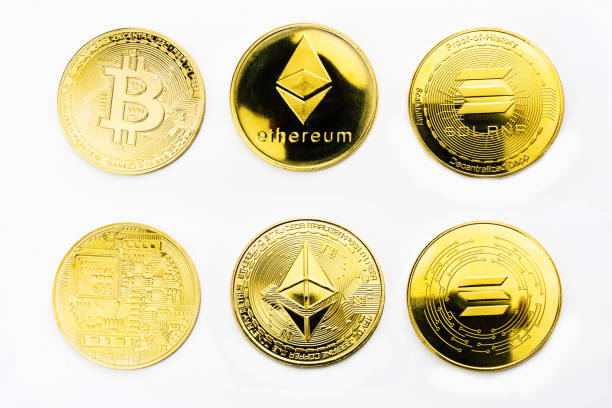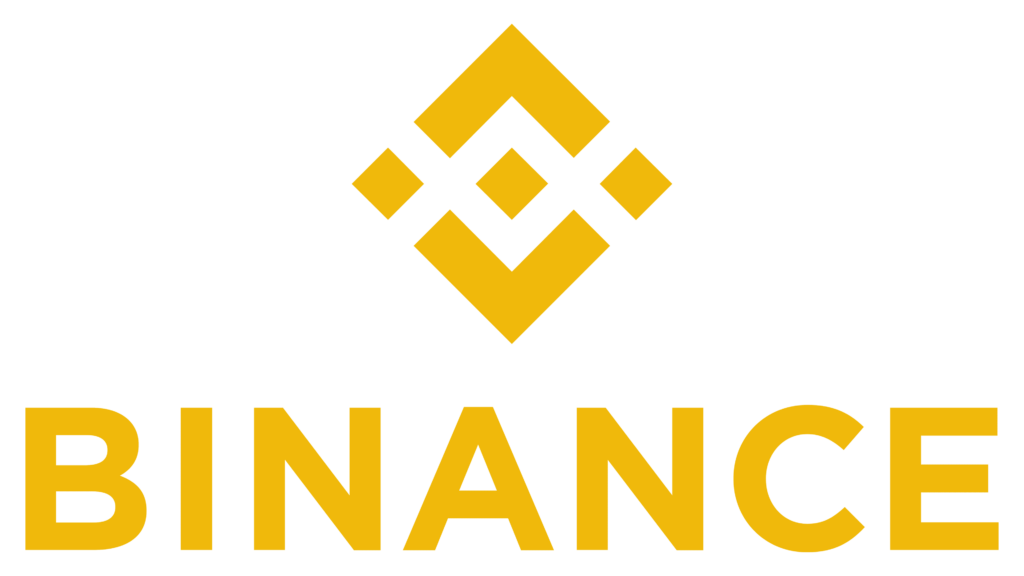
This article provides an overview of the Solana cryptocurrency, its features, and the reasons behind its rising popularity.
Table of Contents:
Overview
Solana (SOL) is a high-performance blockchain platform designed for decentralized applications (dApps) and cryptocurrencies.
Launched in March 2020, Solana aims to address the scalability challenges faced by other blockchain networks. It achieves this by utilizing a unique combination of groundbreaking technologies that enable fast transaction processing and low fees.
SOL, the native cryptocurrency of the Solana network, has gained significant popularity due to its remarkable features and robust infrastructure.
Features
Solana offers several notable features that contribute to its growing popularity:
- Speed and Scalability: Solana’s unique consensus algorithm, called Proof of History (PoH), enables extremely fast transaction processing. It can handle over 65,000 transactions per second, making it one of the most scalable blockchain networks in existence.
- Low Transaction Fees: Solana’s efficient design and infrastructure allow for significantly lower transaction fees compared to other popular networks like Ethereum. This makes it an attractive choice for developers and users alike.
- Decentralization: Solana achieves decentralization through a permissionless architecture that allows anyone to participate in the network as a validator or a decentralized application developer.
- Smart Contract Support: Solana is compatible with Ethereum’s Solidity programming language, making it easy for developers to migrate their existing projects or build new decentralized applications on the Solana network.
- Interoperability: Solana is designed to support cross-chain communication, allowing seamless integration with other blockchain networks. This feature enhances its compatibility and utility within the broader blockchain ecosystem.
Comparison with Alternatives
| Feature | Solana (SOL) | Ethereum (ETH) | Polkadot (DOT) |
|---|---|---|---|
| Transaction Speed | 65,000+ TPS | 15-30 TPS | 1,000 TPS |
| Transaction Fees | Low | High | Low |
| Scalability | High | Medium | High |
| Smart Contract Support | Yes | Yes | Yes |
| Interoperability | Yes | No | Yes |
FAQs
Q: How does Solana achieve such high transaction speeds?
A: Solana’s innovative Proof of History (PoH) consensus algorithm enables fast transaction processing by providing a historical record of events that helps validators agree on the exact order of transactions.
Q: Can I use Solana for building decentralized applications (dApps)?
A: Yes, Solana supports decentralized application development. It is compatible with Ethereum’s Solidity programming language, making it easier for developers to build or migrate their projects to the Solana network.
Q: Is Solana more scalable than Ethereum?
A: Yes, Solana is exceptionally scalable compared to Ethereum. While Ethereum currently processes around 15-30 transactions per second (TPS), Solana can handle over 65,000 TPS.
Conclusion
Solana (SOL) has emerged as a popular cryptocurrency and blockchain platform due to its exceptional speed, scalability, low transaction fees, and interoperability features. Its unique technological advancements make it an attractive choice for both developers and users seeking a high-performance blockchain network. With its ever-growing ecosystem and the increasing adoption of Solana-based decentralized applications, the future looks promising for Solana.







